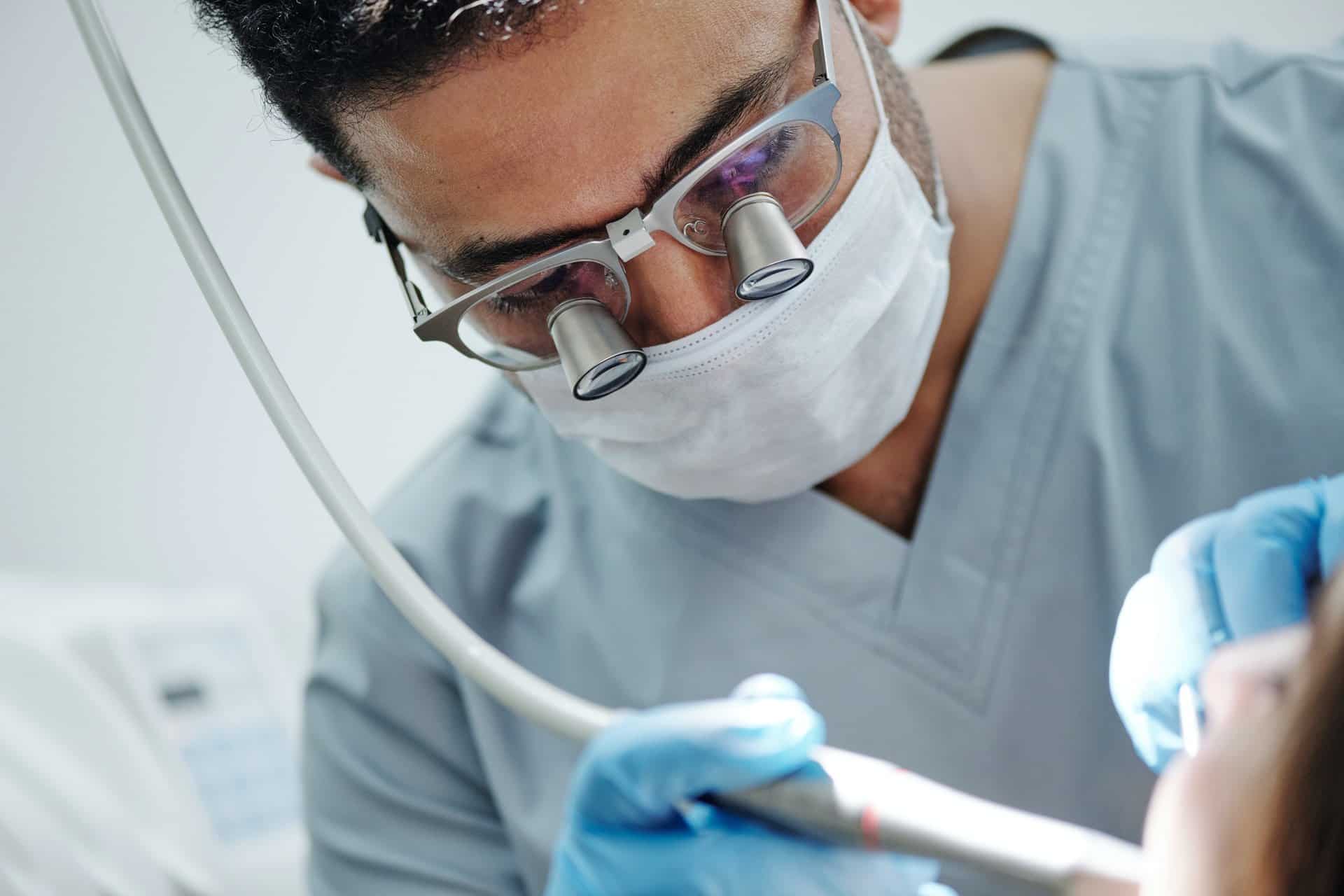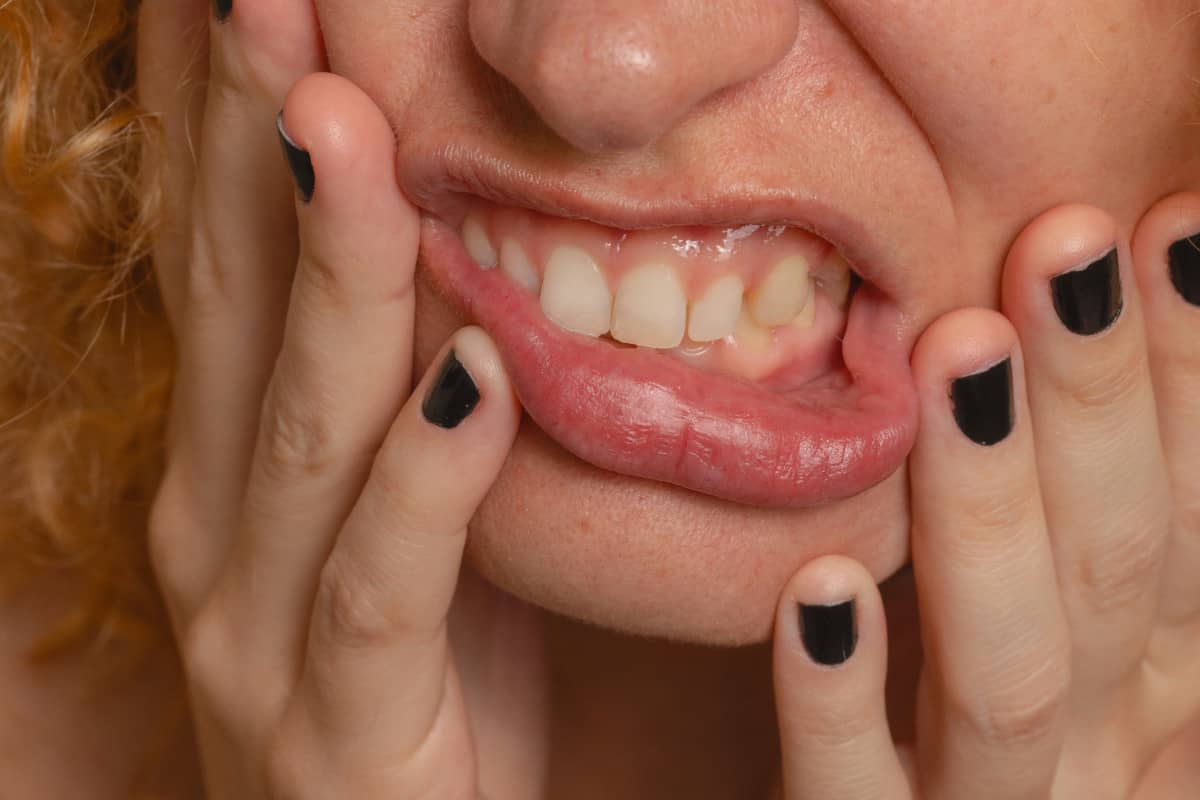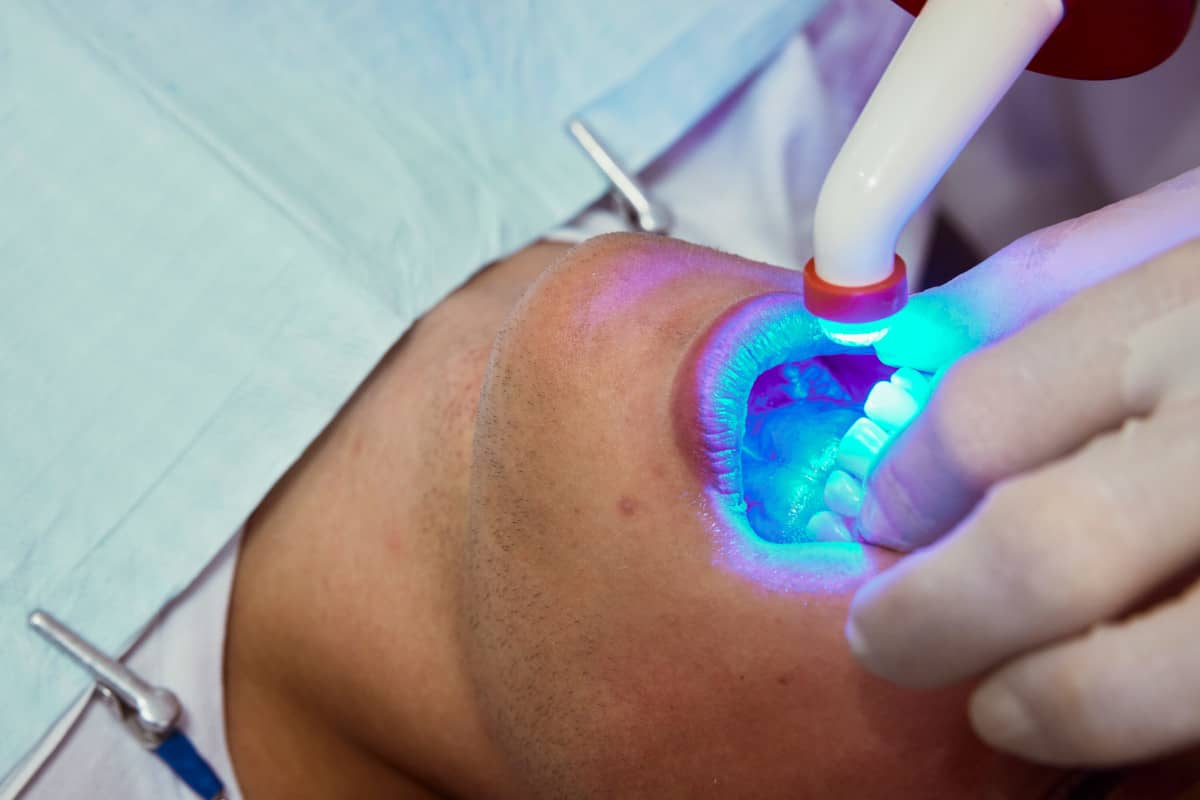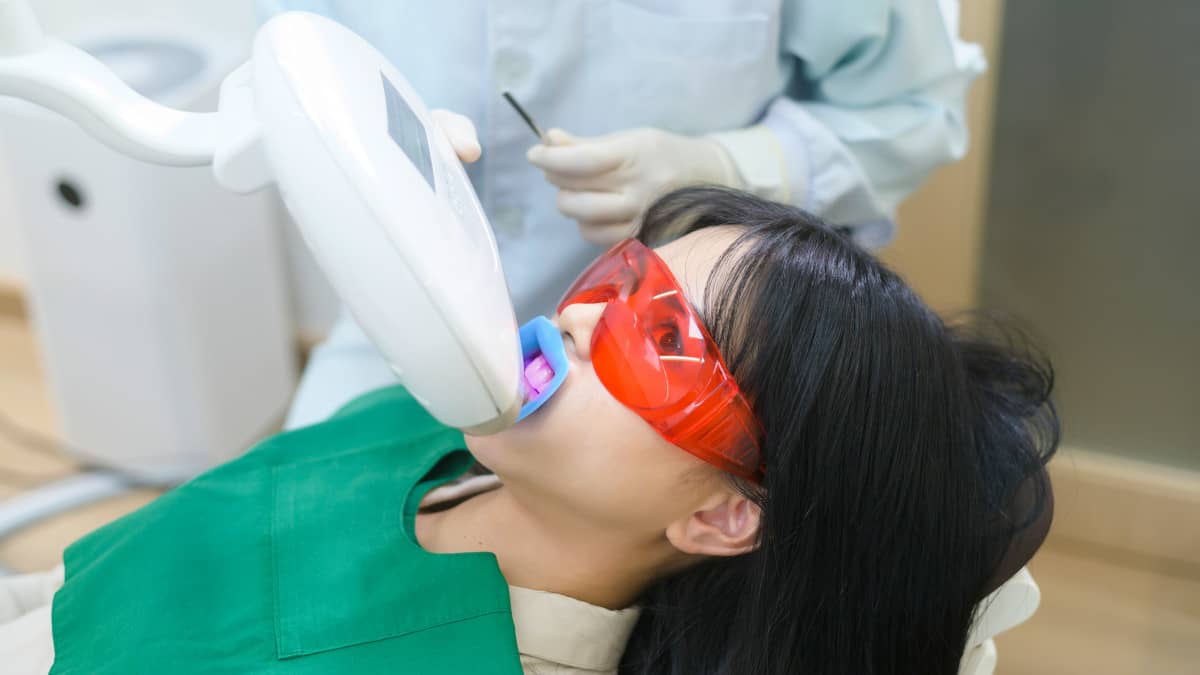
What are the consequences of tooth loss?
Missing teeth is a very common oral health problem among adults. More than 70% of people under the age of 45 have suffered the loss of a permanent tooth. And only 5% of the population over the age of 65 have all of their original teeth.
Whether it is due to periodontal disease, caries or severe trauma that has caused a tooth to fall out, not replacing it can affect more than just the aesthetics of the smile, as it is not the only thing that is compromised when a tooth is lost. In fact, there are often other functional problems that are important to be aware of.
What happens if missing teeth are not replaced?
- Worsening of the aesthetics of the face.
- Problems with phonation and articulation of words.
- Greater difficulties in the digestion process.
- Occlusion problems, i.e. bite problems.
- Increased risk of suffering from other dental conditions.
Edentulism (the lack of one or more teeth) can have aesthetic consequences but also on bone structures, soft tissues and functional alterations. Let’s take a look at them to understand the importance of finding a solution to tooth loss:
1. Worsening of the aesthetics of the face.
This is the most obvious consequence, especially when the missing tooth is in a visible area of the smile and is not, for example, a molar. However, the aesthetics of the smile are not the only thing that can be affected, as a missing tooth in the anterior section can cause the lip to sink in due to a lack of support.
This problem, which is accentuated if more than one tooth is missing, together with pseudoprognathism (optical illusion of misalignment between the maxilla and mandible) can lead to morphological changes in the face, giving it a prematurely aged appearance.
2. Problems with phonation and articulation of words.
The teeth, especially those located in the anterior sector, also play an important role in articulating sounds. A person suffering from edentulism in one of their central teeth will find it more difficult to pronounce words with the v, e, c or z, for example.
This is obviously due to the need to pronounce these phonemes with the teeth of the upper arch in contact with the tongue or lower lip. Therefore, losing a tooth in this part of the dentition (especially the upper incisors) will mean having problems articulating certain words with these phonemes.
So far, as you have seen, we have focused on the loss of central teeth. But what happens if a posterior tooth, a molar, has been lost? Is it really necessary to replace this tooth if phonation or aesthetics do not seem to be compromised? Although apparently there are no problems when it comes to chewing food, it is possible that the chewing of food is not the best and digestion begins to be affected:
3. Increased difficulties in the digestion process.
Cutting, tearing, crushing and grinding are the functions of our teeth when chewing food and starting the digestive process. Of course, if the chewing process is not optimal, digestion will not be optimal either. Food will not pass through the digestive tract in the best conditions of size and texture, forcing the stomach to do more work, making digestion and even nutrient absorption more difficult.
When one or more teeth have been lost, the chewing process begins to be affected: the lack of an incisor makes it difficult to cut food into smaller pieces; the absence of canines or premolars makes it difficult to tear fibrous food…; while the lack of molars prevents food from being ground correctly and leaving it prepared in a mass that is easily ingested and optimal for digestion.
On the other hand, the process of chewing with the absence of some teeth causes an overexertion of the rest of the teeth in the dentition, generating greater wear and tear. Furthermore, it should be taken into account that the gums, in this process, will also be affected, not only because the food is deposited in the hollow where the tooth should be, but also because they can become sensitised when the teeth start to shift again. Which brings us to the next consequence of tooth loss:
4. Occlusion problems, i.e. bite problems.
A very important aspect of our teeth that we must take into account is the bite. The teeth of the upper arch seek contact with the antagonist teeth of the lower arch, that is to say, they seek their support. This is why, when a tooth is missing, the adjacent teeth start to move, seeking contact and generating occlusion problems.
In other words, the existence of an empty space causes the adjacent teeth to move to occupy the space. This alteration in the position of the teeth will generate inadequate contact during chewing, overloading certain areas which will cause: premature wear of the other teeth, a worsening of the state of the gums, discomfort in the jaw, and even headaches and neck pain, in addition to:
5. Increased risk of other dental conditions.
Another of the consequences of edentulism with which special care must be taken is the risk of suffering from other types of oral diseases. It is possible not to pay enough attention to oral hygiene, especially in this area, which can lead to the following:
5.1. A greater probability of suffering from caries.
In addition to the greater wear and tear suffered by the teeth, when a tooth is missing, it is possible that the amount of food remaining may be greater. For this reason, it is important to pay attention to the oral hygiene of the area which, if deficient, can lead to the appearance of cavities that compromise the integrity of the rest of the teeth. It should be remembered that caries together with periodontal diseases are the main causes of tooth loss.
5.2. Increased chances of periodontal diseases.
In addition to the greater wear and tear suffered by the gums, if poor oral hygiene is also added, there is a greater likelihood of suffering from gingivitis and periodontitis, inflammatory gum diseases that are mainly due to bacterial causes and which, in addition to increasing sensitivity, can also compromise the stability of other teeth.
5.3. The very likely resorption of alveolar bone.
After the loss of a tooth, the remaining socket does not receive the same force and stimulation (from chewing) as when the tooth was present. This causes what is known as bone resorption, which is the progressive reduction of bone tissue in the edentulous area. If this occurs, it would be more complicated to replace the lost tooth.
And for these reasons we have explained, it is always advisable to act as soon as possible to provide a solution to the dental loss. Today dentistry has a series of treatments that can be adapted to the needs and pockets of each patient. However, the most aesthetic, long-lasting and effective solution to edentulism is the placement of dental implants, fixed prostheses that act in the same way as a tooth would, saving the stability of the dentition by preventing the consequences of a missing tooth.




